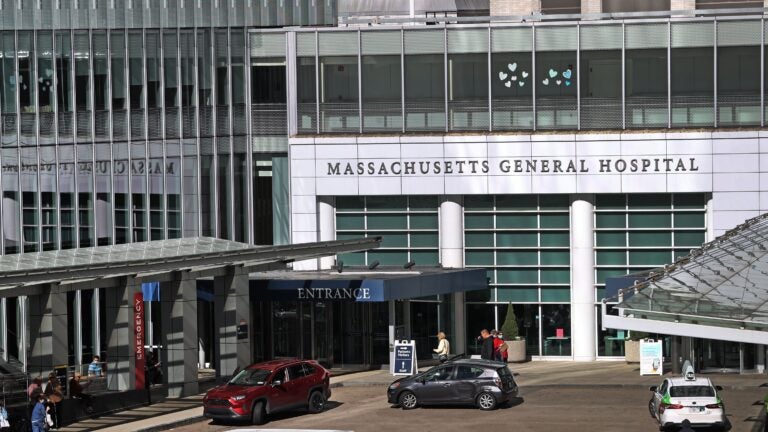Newsletter Signup
Stay up to date on all the latest news from Boston.com

Dementia can affect loved ones as much as the patients. Along with having to care for a struggling family member, many children of people with Alzheimer’s or people who suffer strokes are left wondering what they can do to keep themselves healthy.
The McCance Center for Brain Health at Massachusetts General Hospital authored the concept of a Brain Care Score, or BCS, which allows patients to understand how their habits and health affect brain health.
“The question that we continue to get from our patients… is ‘doctor, what can I do to take good care of my brain so that I don’t develop memory loss like my mother, my father, my brother,’” said neurologist Jonathan Rosand, one of the center’s cofounders. “We had to come up with a tool that would allow patients to feel like they had an answer and they knew what to do.”
After using the BCS for about three years to connect patients with brain health, a new study published on Friday indicated a higher BCS is associated with a lower risk of dementia and a lower risk of stroke later in life.
“We really started off from the frustration, for lack of a better term, that the scientific community had general agreement that between 30 and 40 percent of all dementia could be prevented from modifying known risk factors,” Rosand said.
He said his lab is looking into other diseases, like depression and heart disease, and their relationship to the BCS. After peer-review, those studies will be out soon.
“One of the things we’ve learned is, what’s good for the brain is good for the heart and the rest of the body,” Rosand said.
The study now allows the score to be used as a quantitative measure of preventative care.
“That’s what’s novel about the Brain Care Score,” Rosand said. “It’s repackaging what’s already well known in a way that, at least in our initial work, is responsive to the patient’s questions.”
The Brain Care Score is a questionnaire where patients can earn points based on different aspects of their health. It’s made up of three categories: physical, lifestyle, and social emotional, with 21 points total.
Rosand said they hope to make the point system accessible without laboratory tests, but as of now, the physical category requires resting blood pressure, blood sugar levels, cholesterol levels, and body mass index.
In each criteria, the patient can earn zero to three points.
“Our hope is that you can bring it to your doctor wherever you may be, and use it as the launch of a conversation about what steps you can take to raise your score,” Rosand said.
The largest section of the test is lifestyle — nutrition, alcohol consumption, smoking, aerobic activities, and sleep. By following a few dietary habits, sleeping more than seven hours, and exercising, a healthy lifestyle can earn up to nine points. Not smoking earns the most points in this category.
Then, the social emotional category, including stress, social relationships, and a sense of meaning in life, is worth the least amount of points, for four total. The most points are assigned to lower stress levels.
Rosand said their next step, apart from more studies, is to share the tool with medical professionals around the world, improve its accessibility for all, and continue to use it to empower patients.
The study doesn’t show how improving your BCS over time could affect disease later in life, and even though Rosand said he’s confident it does, there is more to explore.
“At the core of this is the partnership with patients,” he said. ‘We are working to build relationships with collaborators all over the world so that they can help adopt and adapt the Brain Care Score to the local needs of the population.”
Stay up to date on all the latest news from Boston.com

Stay up to date with everything Boston. Receive the latest news and breaking updates, straight from our newsroom to your inbox.
Conversation
This discussion has ended. Please join elsewhere on Boston.com